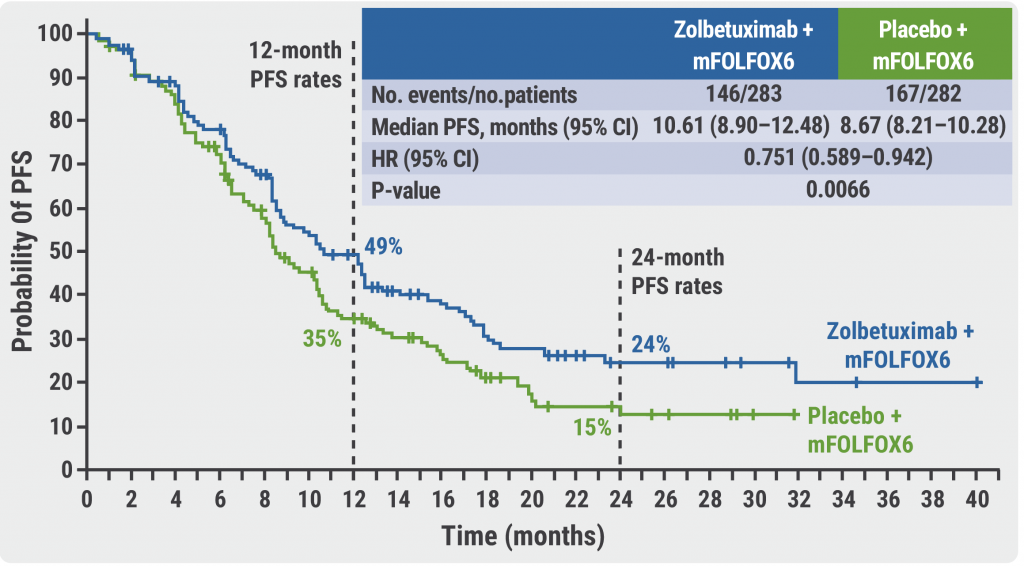"The health of nearby fat cells has never been taken into consideration in oncology," Dr. Gerald Denis of Boston University School of Medicine told Reuters Health by email. "Mostly, fat cells have been ignored as large storage depots that don't do much. But our results show they are in close communication with breast cancers of all subtypes."
"Metabolic health, insulin sensitivity and metabolic medications (like metformin) are all factors that influence fat cell biology," he said. "These should be considered when evaluating breast cancer patients for risk of progression, metastasis, relapse and treatment failure. The same concerns are likely important for any obesity-driven cancer."
"Hospital populations with a high prevalence of obesity and metabolic disease would likely benefit from an endo-oncology consult, where metabolism is closely considered along with the current standard of care," he added.
In their Science Signaling report, Dr. Denis and colleagues describe experiments in cells that led to the proposed connection between fat cells (adipocytes) and breast cancer. They found that human adipocytes shed exosomes (small vesicles released into blood and/or nearby tissues and fluids) that induce the expression of genes associated with epithelial-to-mesenchymal transition (EMT; associated with cancer progression and metastases) in cocultured breast cancer cell lines.
Transcription of these genes was further increased in cells exposed to exosomes shed from adipocytes derived from cancer-free patients with type 2 diabetes (T2D), and from insulin-resistant adipocytes.
Further investigation revealed that insulin resistance triggered exosomes to deliver more cancer-linked proteins, such as thrombospondin-5 (TSP5), to breast cancer cells, partially contributing to EMT in the recipient cells.
A bioinformatic analysis of breast cancer patient tissue showed that greater coexpression of genes associated with cancer (e.g., TSP5) correlated with poorer prognosis - specifically, decreased distant metastasis-free survival.
Summing up, the authors state, "Our findings reveal a mechanism of exosome-mediated cross-talk between metabolically abnormal adipocytes and breast cancer cells that may promote tumor aggressiveness in patients with T2D."
Dr. Neil Iyengar, Associate Attending in the Breast Medicine Service at Memorial Sloan Kettering Cancer Center and Associate Professor of Medicine at Weill Cornell Medicine, both in New York City, commented on the study in an email to Reuters Health.
"This is a very important study which extends our knowledge of the mechanisms through which metabolic dysfunction promotes cancer growth," he said. "The role of metabolic dysfunction in cancer progression is now increasingly recognized in cancer research, and is gradually being translated to clinical practice."
"Classic obesity (BMI of 30 or greater) is now recognized as the leading modifiable risk factor for the incidence and mortality of several cancers," he noted. "Despite this growing recognition, metabolic disorders beyond classical obesity - such as insulin resistance independent of body weight- are not typically considered during cancer treatment."
"This is a major problem," he said, "since several commonly used cancer therapies, such as chemotherapy, can further exacerbate metabolic dysfunction, even if initially subclinical. For example, patients treated with certain endocrine and chemotherapies have a higher risk of developing diabetes and fatty liver, which, paradoxically, can then increase risk of cancer recurrence and/or metastasis."
"Therefore, it is critical that future research continues to elucidate biologic targets and clinically feasible biomarkers to assess and mitigate the tumor-promoting effects of metabolic dysfunction - particularly for normal weight individuals in whom metabolic dysfunction is often undiagnosed," he said.
"For now," he added, "it is imperative that oncology clinicians identify metabolic risk factors at the time of cancer diagnosis so that, at the minimum, lifestyle interventions can be recommended if needed."
SOURCE: https://bit.ly/3GfB2VJ Science Signaling, online November 23, 2021.
By Marilynn Larkin
Posted on
Previous Article
« At least one year on bisphosphonates needed for fracture prevention Next Article
Apixaban tops rivaroxaban for repeat-VTE protection in real-world analysis »
« At least one year on bisphosphonates needed for fracture prevention Next Article
Apixaban tops rivaroxaban for repeat-VTE protection in real-world analysis »
Related Articles
April 1, 2021
BRCA1/2 mutations raise risk for endometrial cancer, too
November 25, 2020
PD-L1 density, a new predictive biomarker in NSCLC

© 2024 Medicom Medical Publishers. All rights reserved. Terms and Conditions | Privacy Policy

